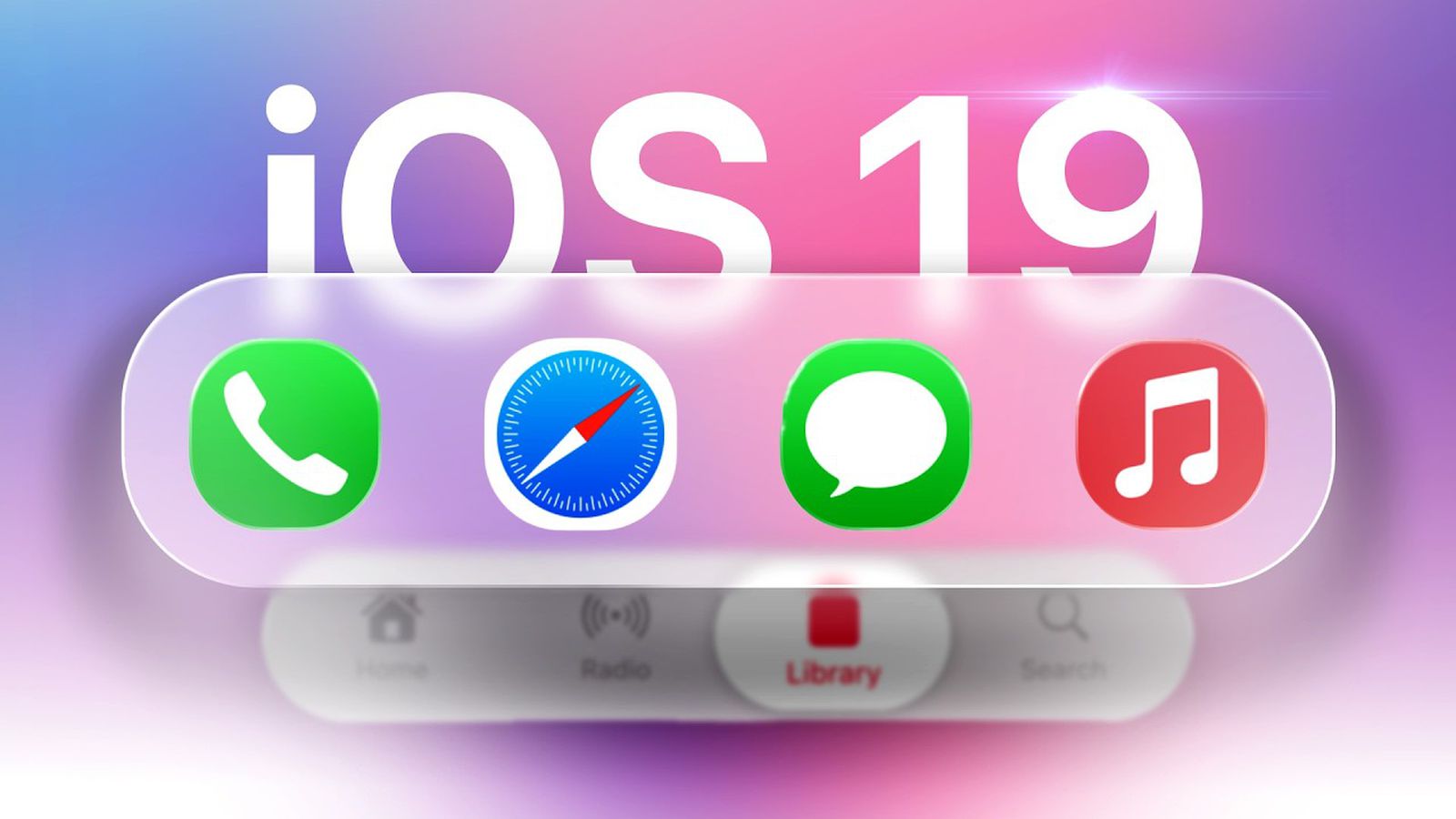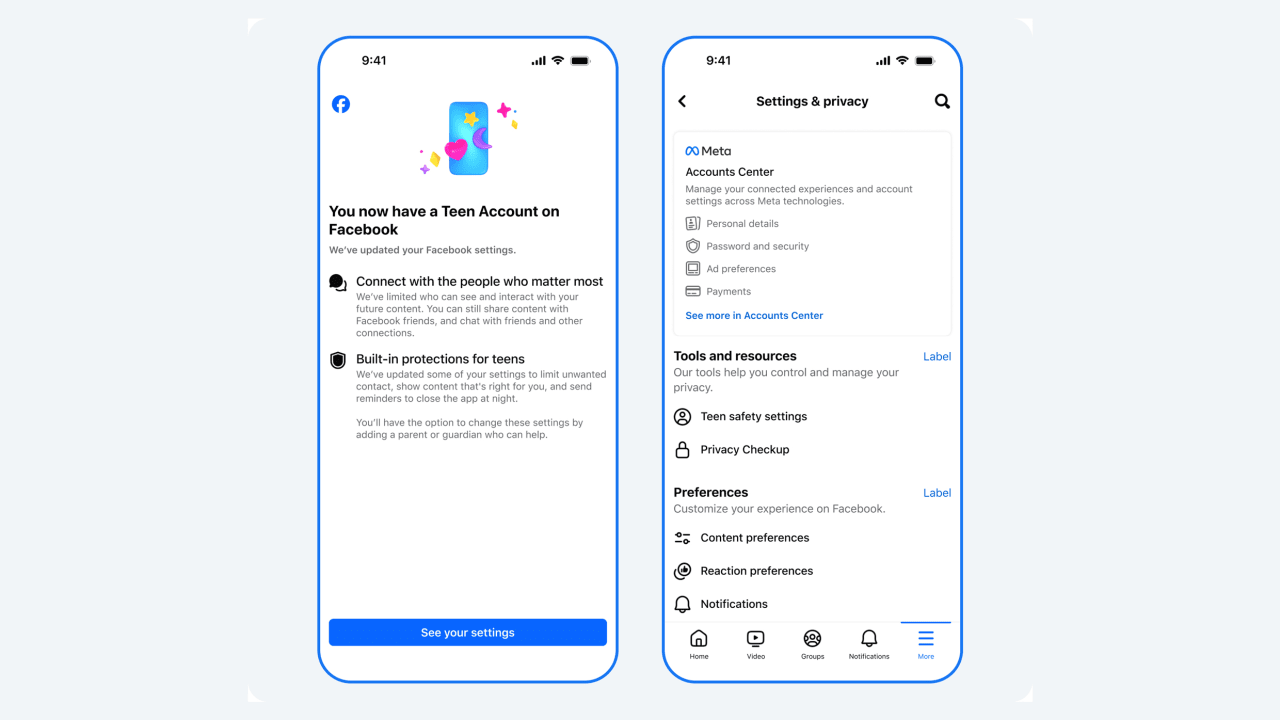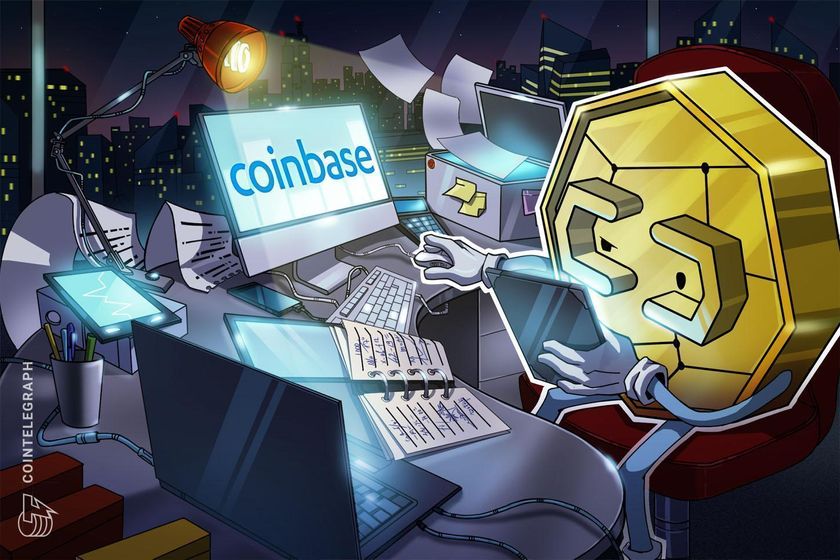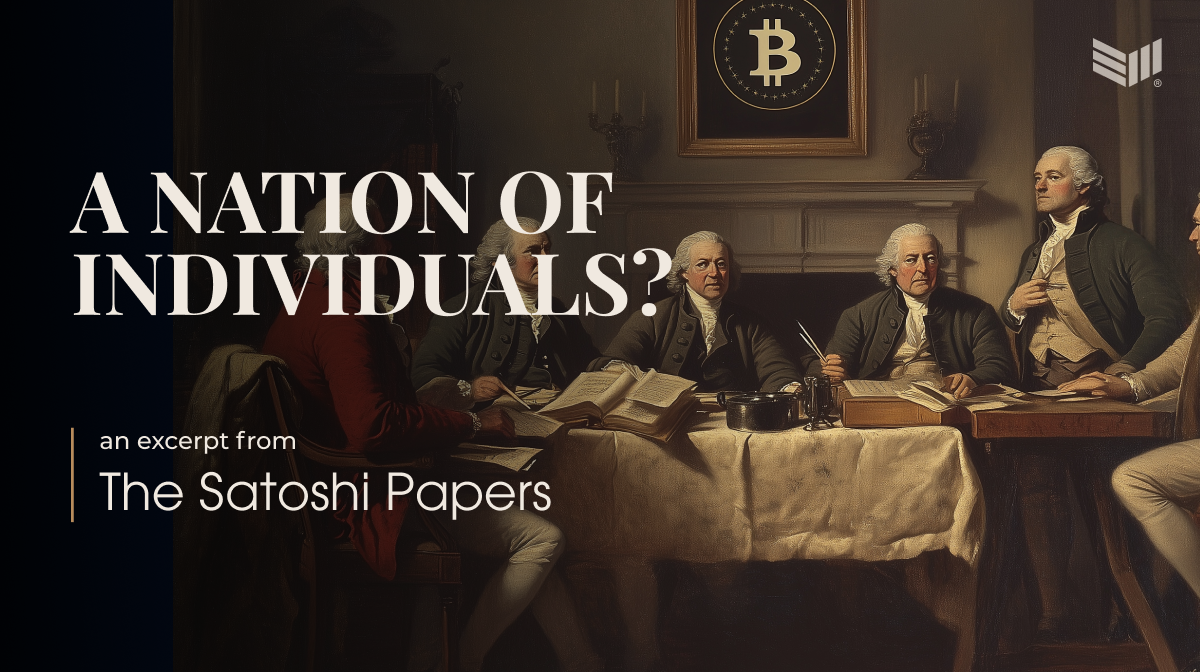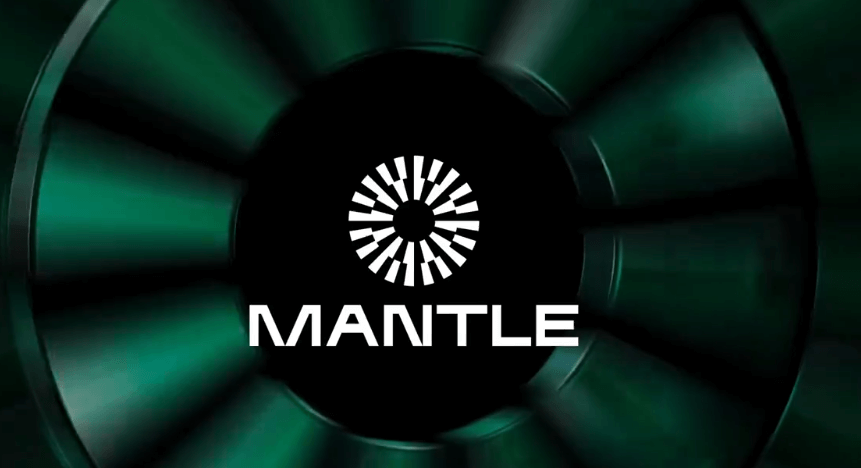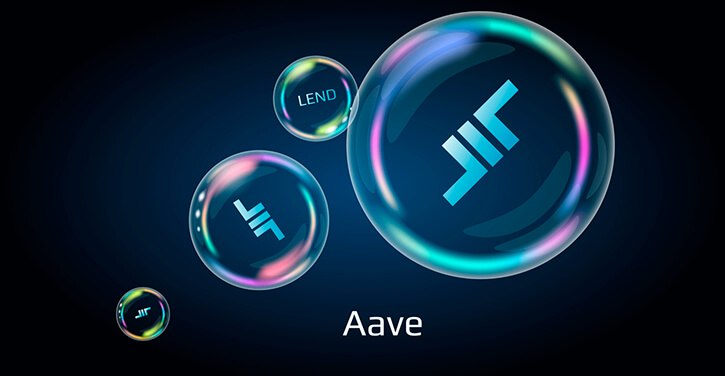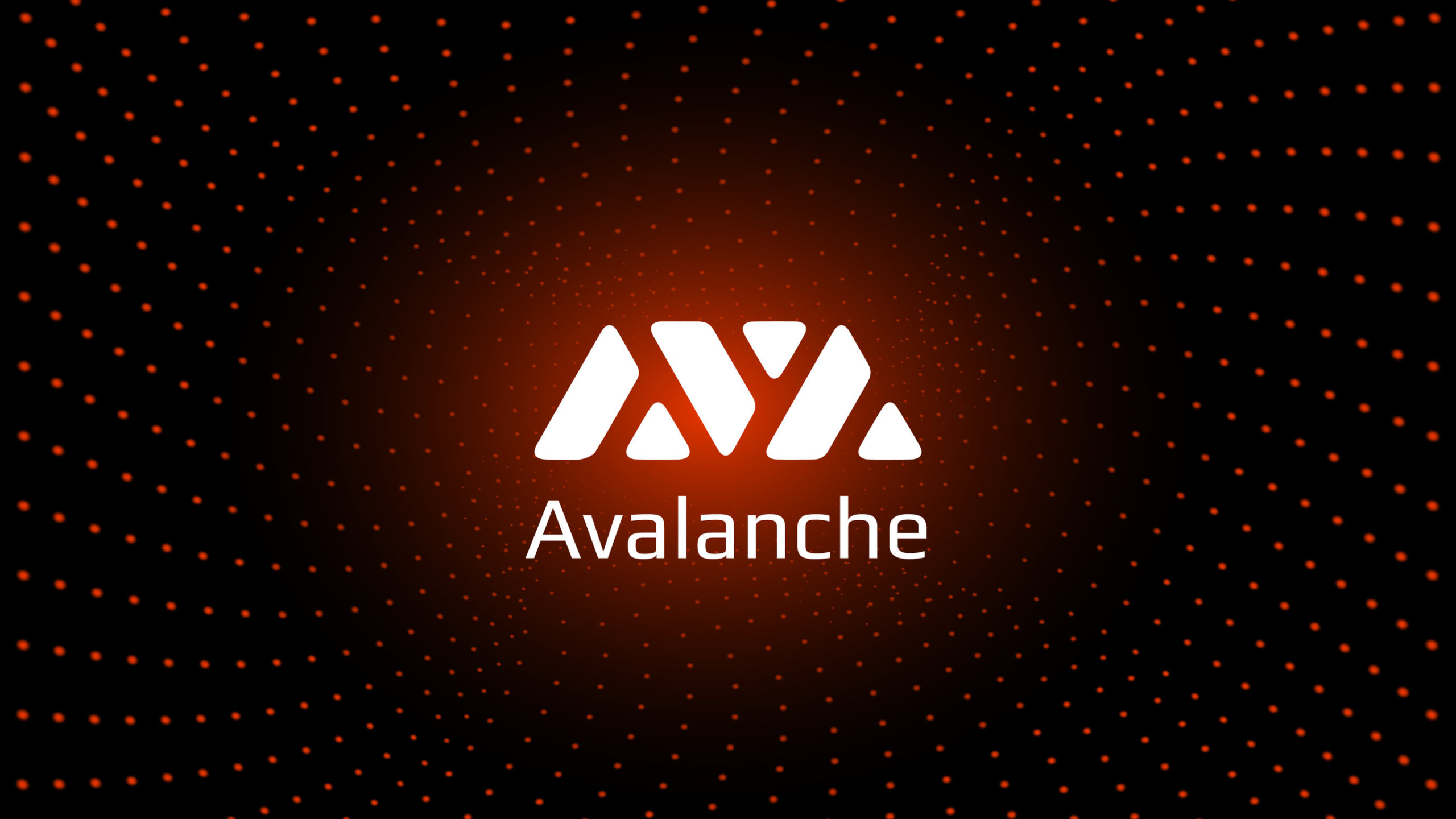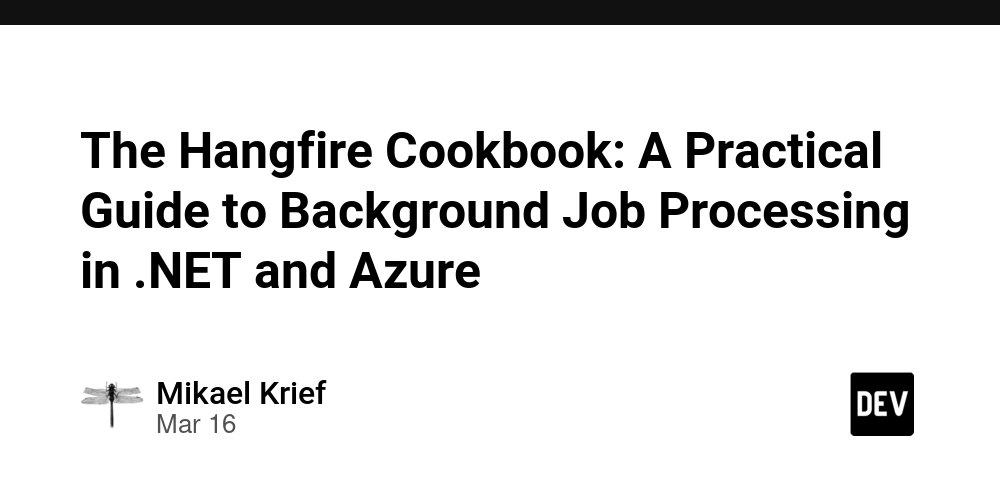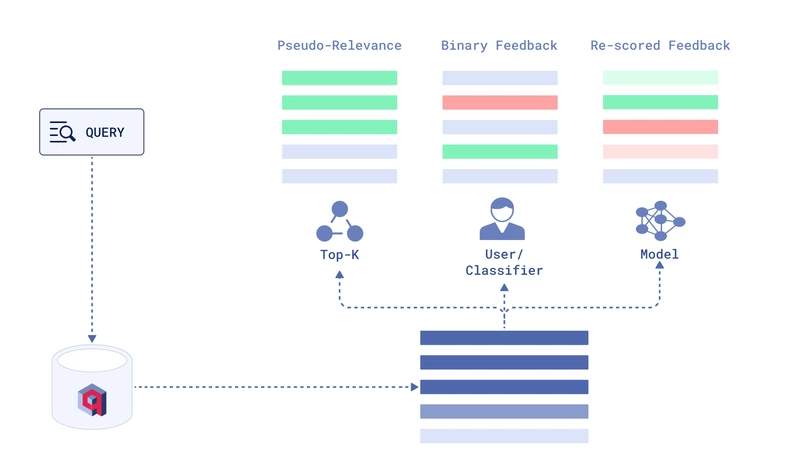License-Token: Revolutionizing OSS License Distribution for a New Era of Open Source Innovation
Abstract This post explores the disruptive potential of the License-Token system—a blockchain-based approach to managing open source software licenses. We examine how traditional OSS licensing has struggled to keep pace with rapid software development, and how License-Tokens streamline compliance, support automatic updates, and enable a new paradigm of security and efficiency through smart contracts and tokenization. In addition to exploring core concepts and features, we also discuss real-world applications, challenges, and future innovations in the realm of decentralized license management. By comparing traditional methods with the License-Token approach, this post provides a comprehensive overview for developers, enterprises, and OSS communities. Introduction Open Source Software (OSS) is the cornerstone of modern software development, driving collaboration and innovation across industries. Despite its widespread adoption, traditional OSS license distribution methods can be complex and cumbersome. In response, the revolutionary License-Token system harnesses blockchain technology to reshape OSS licensing. This post builds on insights from the original article License-Token: Revolutionizing OSS License Distribution and extends the discussion with technical depth and real-world context. By leveraging blockchain’s immutable nature and the automation capabilities of smart contracts (see Smart Contracts on Blockchain), the License-Token system offers an innovative way to manage legal, compliance, and update challenges in OSS projects. With the growing emphasis on transparency and security in software development, a blockchain-based licensing model is not only timely but essential. This post aims to provide a detailed exploration of License-Tokens, offering historical context, core concepts, use cases, and an outlook on future innovations. Background and Context The History and Evolution of OSS Licensing Open source licenses such as the GNU General Public License (GPL), Apache License, and MIT License have long defined software usage, modification, and distribution rights. However, the traditional license management model is challenged by: Complex Licensing Scenarios: Numerous license types come with different rules, causing confusion for developers and enterprises alike. Manual Compliance Audits: Organizations often rely on costly and time-consuming manual audits to ensure adherence. Issues with Updates: As OSS projects evolve, license terms may change, creating difficulties in managing software dependencies. The increasing integration of open source components into proprietary systems has amplified these challenges. Enterprise ecosystems require efficient, foolproof licensing mechanisms to reduce legal and operational risks. Blockchain and Tokenization in Software Licensing Blockchain technology has introduced a paradigm shift in many areas, including finance, supply chain management, and now, OSS licensing. With concepts such as decentralization, immutability, and transparency, blockchain provides the perfect framework to solve traditional licensing issues. By representing licenses as digital tokens (License-Tokens), every transaction and update can be recorded on an immutable ledger—a solution that enhances trust and reduces ambiguity. Resources such as Blockchain Basics offer newcomers a foundation for understanding how decentralization can drive these changes. Moreover, integrating License-Tokens into Continuous Integration/Continuous Deployment (CI/CD) pipelines, as outlined in Continuous Integration: A Guide, helps organizations enforce compliance automatically. Core Concepts and Features What are License-Tokens? A License-Token is a blockchain-based digital representation of an OSS license. Each token encapsulates essential metadata—including license terms, versioning information, and audit trails—while being securely recorded in a decentralized ledger. Key benefits include: Transparency and Immutability: Every transaction is permanently recorded, ensuring decisions are traceable and irreversible. Automated Compliance: Smart contracts can automatically verify license compliance, reducing the need for manual oversight. Seamless Update Integration: As software evolves, tokens automatically update to reflect new license terms or software improvements. Enhanced Security: License-Tokens mitigate risks like counterfeit licenses and unauthorized modifications. Integration with CI/CD Pipelines: Real-time updates and compliance checks can be built into development workflows, promoting continuous delivery of compliant software. Comparing Traditional OSS Licensing vs. License-Token Distribution Below is a table highlighting the key differences: Aspect Traditional OSS Licensing License-Token System Transparency Manual audits and legal reviews Immutable blockchain ledger
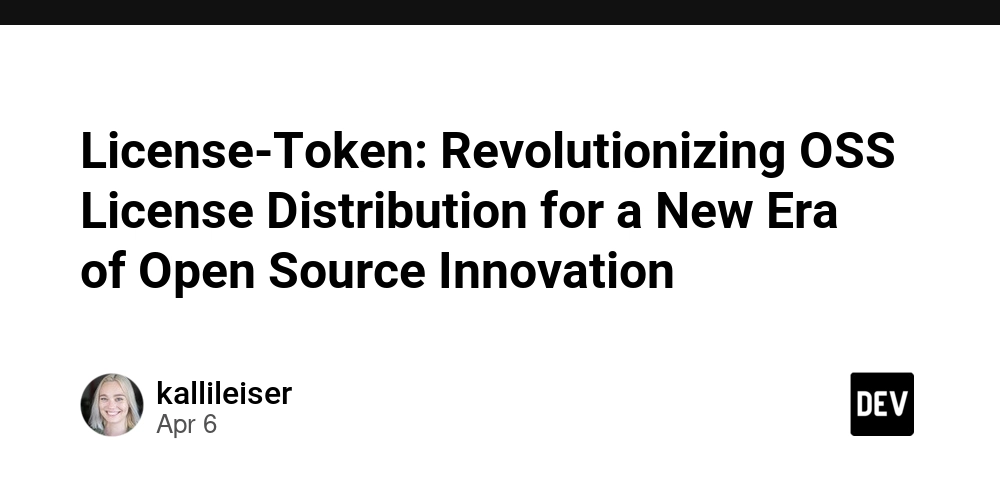
Abstract
This post explores the disruptive potential of the License-Token system—a blockchain-based approach to managing open source software licenses. We examine how traditional OSS licensing has struggled to keep pace with rapid software development, and how License-Tokens streamline compliance, support automatic updates, and enable a new paradigm of security and efficiency through smart contracts and tokenization. In addition to exploring core concepts and features, we also discuss real-world applications, challenges, and future innovations in the realm of decentralized license management. By comparing traditional methods with the License-Token approach, this post provides a comprehensive overview for developers, enterprises, and OSS communities.
Introduction
Open Source Software (OSS) is the cornerstone of modern software development, driving collaboration and innovation across industries. Despite its widespread adoption, traditional OSS license distribution methods can be complex and cumbersome. In response, the revolutionary License-Token system harnesses blockchain technology to reshape OSS licensing. This post builds on insights from the original article License-Token: Revolutionizing OSS License Distribution and extends the discussion with technical depth and real-world context.
By leveraging blockchain’s immutable nature and the automation capabilities of smart contracts (see Smart Contracts on Blockchain), the License-Token system offers an innovative way to manage legal, compliance, and update challenges in OSS projects. With the growing emphasis on transparency and security in software development, a blockchain-based licensing model is not only timely but essential. This post aims to provide a detailed exploration of License-Tokens, offering historical context, core concepts, use cases, and an outlook on future innovations.
Background and Context
The History and Evolution of OSS Licensing
Open source licenses such as the GNU General Public License (GPL), Apache License, and MIT License have long defined software usage, modification, and distribution rights. However, the traditional license management model is challenged by:
- Complex Licensing Scenarios: Numerous license types come with different rules, causing confusion for developers and enterprises alike.
- Manual Compliance Audits: Organizations often rely on costly and time-consuming manual audits to ensure adherence.
- Issues with Updates: As OSS projects evolve, license terms may change, creating difficulties in managing software dependencies.
The increasing integration of open source components into proprietary systems has amplified these challenges. Enterprise ecosystems require efficient, foolproof licensing mechanisms to reduce legal and operational risks.
Blockchain and Tokenization in Software Licensing
Blockchain technology has introduced a paradigm shift in many areas, including finance, supply chain management, and now, OSS licensing. With concepts such as decentralization, immutability, and transparency, blockchain provides the perfect framework to solve traditional licensing issues. By representing licenses as digital tokens (License-Tokens), every transaction and update can be recorded on an immutable ledger—a solution that enhances trust and reduces ambiguity.
Resources such as Blockchain Basics offer newcomers a foundation for understanding how decentralization can drive these changes. Moreover, integrating License-Tokens into Continuous Integration/Continuous Deployment (CI/CD) pipelines, as outlined in Continuous Integration: A Guide, helps organizations enforce compliance automatically.
Core Concepts and Features
What are License-Tokens?
A License-Token is a blockchain-based digital representation of an OSS license. Each token encapsulates essential metadata—including license terms, versioning information, and audit trails—while being securely recorded in a decentralized ledger. Key benefits include:
- Transparency and Immutability: Every transaction is permanently recorded, ensuring decisions are traceable and irreversible.
- Automated Compliance: Smart contracts can automatically verify license compliance, reducing the need for manual oversight.
- Seamless Update Integration: As software evolves, tokens automatically update to reflect new license terms or software improvements.
- Enhanced Security: License-Tokens mitigate risks like counterfeit licenses and unauthorized modifications.
- Integration with CI/CD Pipelines: Real-time updates and compliance checks can be built into development workflows, promoting continuous delivery of compliant software.
Comparing Traditional OSS Licensing vs. License-Token Distribution
Below is a table highlighting the key differences:
| Aspect | Traditional OSS Licensing | License-Token System |
|---|---|---|
| Transparency | Manual audits and legal reviews | Immutable blockchain ledger that records all actions |
| Compliance | Relies on human intervention | Automated compliance monitoring via smart contracts |
| Version Handling | Prone to errors and outdated records | Seamless updates and instant token modifications |
| Security | Vulnerable to counterfeit and misinterpretation | High security through cryptographic guarantees |
| Integration | Limited integration with modern DevOps practices | Supports integration with CI/CD, providing real-time checks |
Licensing Automation with Smart Contracts
The integration of smart contracts simplifies complex licensing conditions such as revenue sharing, usage quotas, and user-specific terms. This automation reduces administrative overhead and speeds up the deployment process. For more details on evolving licensing models, check out Open Source Licensing Models on Blockchain and Tokenizing Open Source Licenses.
Applications and Use Cases
License-Tokens have far-reaching implications across multiple sectors:
For Developers and OSS Project Maintainers
- Code Integrity: Developers can focus on writing code while License-Tokens automatically enforce license terms, reducing legal risks.
- Audit Trails: Secure and verifiable audit trails protect against unfounded claims of license violations.
- Simplified Collaboration: Clear guidelines encoded on the blockchain facilitate smoother collaboration among contributors.
For Enterprises and Organizations
- Risk Mitigation: Enterprises integrating multiple OSS components can significantly reduce the risk of license breaches.
- Streamlined Legal Processes: Automated compliance checks reduce the reliance on in-house legal teams, optimizing operational costs.
- Supply Chain Integrity: A transparent licensing mechanism ensures every software component’s provenance can be verified—an essential requirement in advanced industries.
For the Broader OSS Community
- Enhanced Trust: Blockchain’s transparency bolsters community confidence by ensuring that licensing remains consistent and tamper-proof.
- Encouraging Contributions: Lower administrative overhead and clear licensing rules attract more developers to contribute.
- New Funding Models: With License-Tokens, projects can explore micropayment or pay-per-use models, paving the way for innovative revenue streams.
Bullet List of Key Benefits:
- Automatic updates and compliance
- Improved license transparency
- Reduced risk of piracy and unauthorized use
- Enhanced integration with development tools
Real-World Examples
Consider a modern fintech company that integrates open source libraries into their proprietary systems. Traditionally, they would run into legal and compliance challenges when tracking thousands of OSS dependencies. With the License-Token system, each dependency is tagged with a blockchain token that ensures up-to-date compliance.
Similarly, an OSS project like a decentralized identity platform can employ License-Tokens to ensure that all contributions are accurately tracked, licensed, and attributed. These examples underline how License-Tokens bridge the gap between innovation and legal certainty.
Challenges and Limitations
Despite its promising advantages, the License-Token approach faces several challenges:
Privacy Concerns
Blockchain’s inherent transparency can expose potentially sensitive metadata. Balancing transparency with the need to safeguard personal and proprietary information requires robust encryption and selective disclosure measures.
Technical Barriers
Implementing a blockchain-based licensing system demands expertise in blockchain technology and smart contract development. Smaller projects or startups might find the upfront technical investment challenging. Open-source communities can help lower these barriers by developing shared tools and frameworks.
Standardization Issues
For widespread adoption, industry players must converge on standardized token formats and metadata schemas. Without industry-wide agreement, interoperability issues might arise.
Governance and Dispute Resolution
A decentralized system naturally raises questions about governance. Mechanisms for resolving disputes, managing upgrades, and adjusting policies must be established. Clear, community-driven governance models are essential for sustaining trust.
External References from the Developer Community
The discussion around open source licensing and funding has been vibrant in the developer community. For instance, check out Exploring Open Source Developer Patronage Programs: A Sustainable Future for FOSS for insights on sustainable funding and Exploring Gitcoin Kudos: Strengthening the Open Source Community for community-driven initiatives. These resources highlight common challenges and offer practical strategies for adoption.
Future Outlook and Innovations
The License-Token system opens up new horizons for OSS licensing. Here are some key future trends and innovations anticipated in this domain:
Token Economies and Micropayments
License-Tokens might extend beyond mere license management. New economic models such as micropayments for using exclusive or additional OSS features could redefine revenue streams. This shift could enable a pay-as-you-go or subscription-based model, allowing smaller projects to monetize their innovations without alienating the community.
Enhanced Smart Contract Functionality
The integration of more sophisticated smart contracts will allow for dynamic licensing scenarios. For example, revenue sharing between contributors might be automatically enforced based on pre-defined conditions encoded into the token. Innovations in this space continue to evolve as legal frameworks adjust to emerging blockchain capabilities.
Cross-Chain Interoperability
As blockchain ecosystems expand, License-Tokens may start integrating with multiple blockchain networks. Interoperability between chains—notably those using different consensus mechanisms or standards—can drive a more unified open source ecosystem. Discussions on The Future of Open Source with Blockchain Integration showcase potential pathways for such cross-chain collaborations.
Advanced Analytics and Reporting
Embedding analytics directly into the blockchain can provide unprecedented insights into license usage, compliance trends, and developer engagement. This data can support strategic decision-making for companies and governments alike. Transparent data analytics could further bolster confidence in OSS projects and drive better resource allocation.
Potential Regulatory Developments
As governments adapt to blockchain innovations, we also expect new regulations tailored for decentralized licensing systems. Proactive industry collaboration with regulatory bodies will be crucial for shaping guidelines that support innovation while protecting intellectual property rights.
Further Reading from the Developer Landscape
For those interested in practical implementations and the evolving regulatory environment, consider reading Navigating Innovation: The Intersection of NFTs, Open Source Licensing, and Pudgy Penguins and Embracing Open Source in a Changing Political Landscape. These articles provide additional perspectives on how blockchain is influencing the future of software innovation.
Summary
License-Tokens represent a monumental shift in the way OSS licenses are distributed, verified, and maintained. By eliminating the complexities of manual compliance and traditional license management, blockchain technology offers an efficient and transparent alternative that benefits developers, enterprises, and the entire open source community.
In summary:
- The License-Token system is a blockchain-based solution designed to automate and secure OSS license distribution.
- A transparent, immutable ledger ensures every license action is recorded, minimizing human error and fraud.
- Smart contracts and token economies open the door for innovative funding models and dynamic licensing arrangements.
- Challenges, including privacy concerns, technical barriers, and standardization issues, remain; however, these are being addressed through community-driven governance and technological advancements.
- Future innovations—from cross-chain interoperability to advanced analytics—promise to drive the open source ecosystem into a new era of efficiency and trust.
For more detailed information on the License-Token approach and its revolutionary potential, please visit the original article.
Additional Resources
Here are additional resources you may find insightful:
- OSS Community Page
- Blockchain Basics
- Continuous Integration: A Guide
- Open Source Licensing Models on Blockchain
- Tokenizing Open Source Licenses
- The Future of Open Source with Blockchain Integration
With License-Tokens, the open source licensing ecosystem is poised to overcome long-standing challenges and unlock new opportunities for technological innovation and collaboration. As the community continues to evolve, staying informed and engaged in these transformative developments will be key to nurturing a truly sustainable and inclusive open source future.






















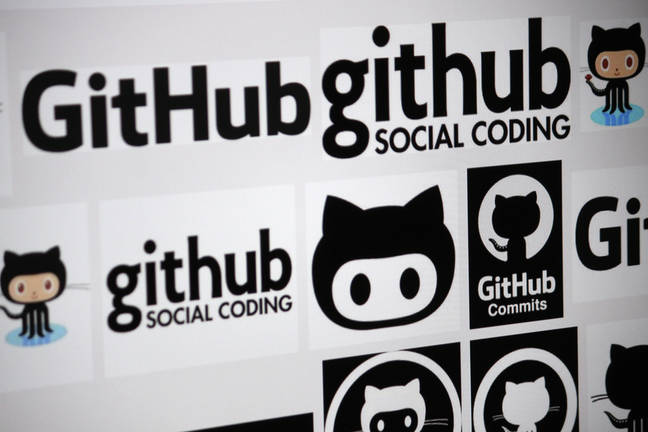














































































































































![[The AI Show Episode 142]: ChatGPT’s New Image Generator, Studio Ghibli Craze and Backlash, Gemini 2.5, OpenAI Academy, 4o Updates, Vibe Marketing & xAI Acquires X](https://www.marketingaiinstitute.com/hubfs/ep%20142%20cover.png)




















































































































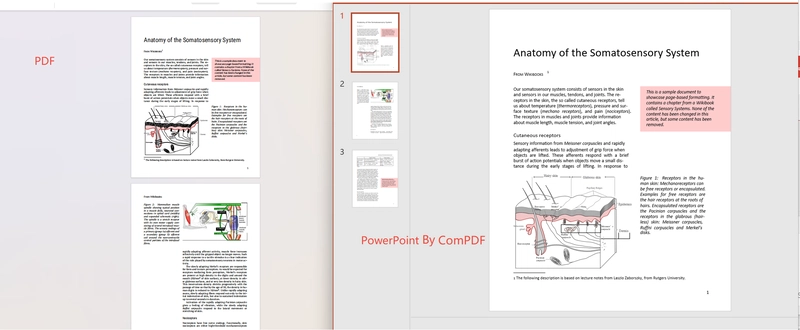

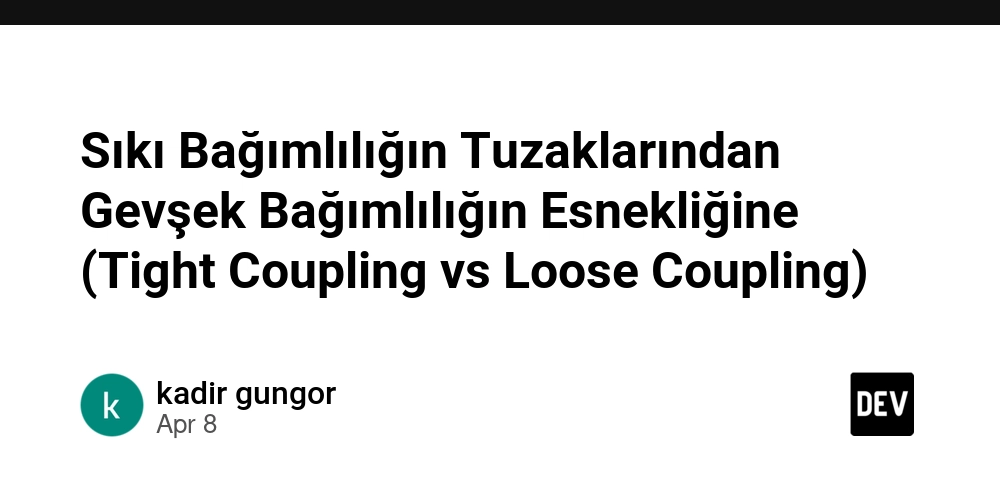











![From drop-out to software architect with Jason Lengstorf [Podcast #167]](https://cdn.hashnode.com/res/hashnode/image/upload/v1743796461357/f3d19cd7-e6f5-4d7c-8bfc-eb974bc8da68.png?#)












































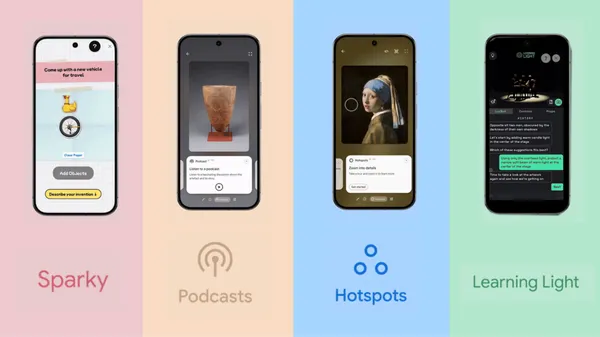

-Mouse-Work-Reveal-Trailer-00-00-51.png?width=1920&height=1920&fit=bounds&quality=80&format=jpg&auto=webp#)














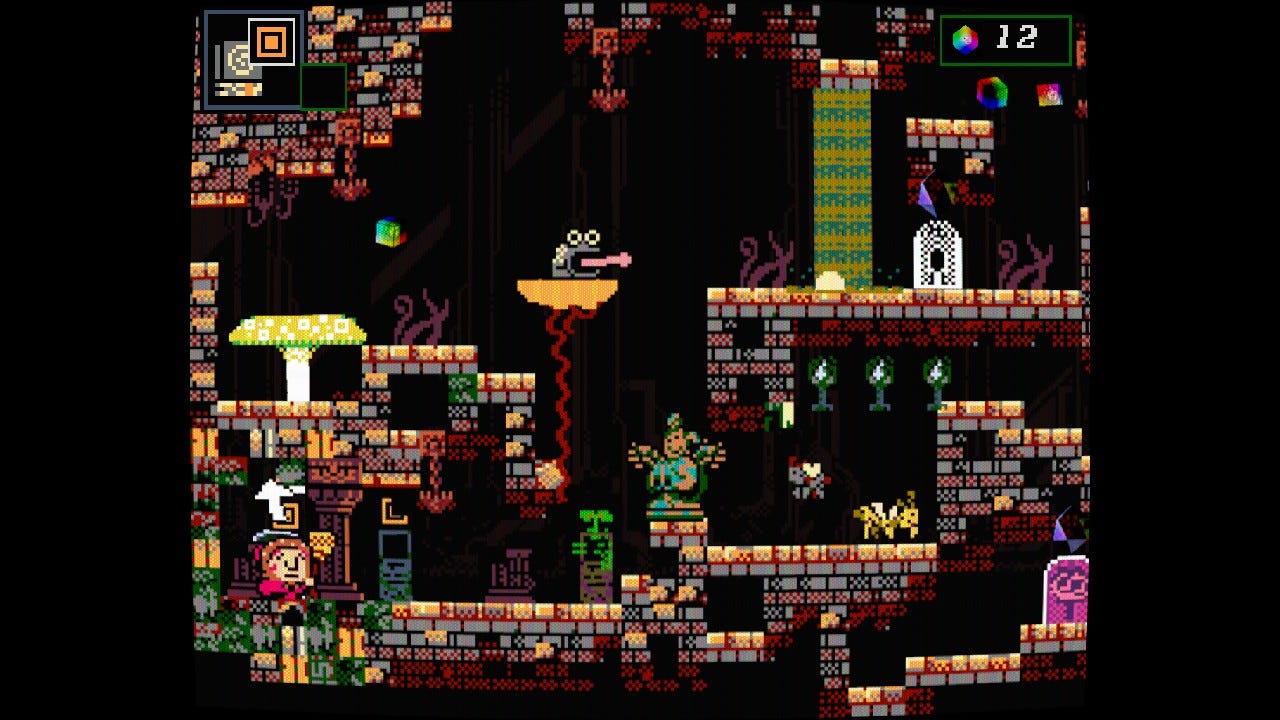

















































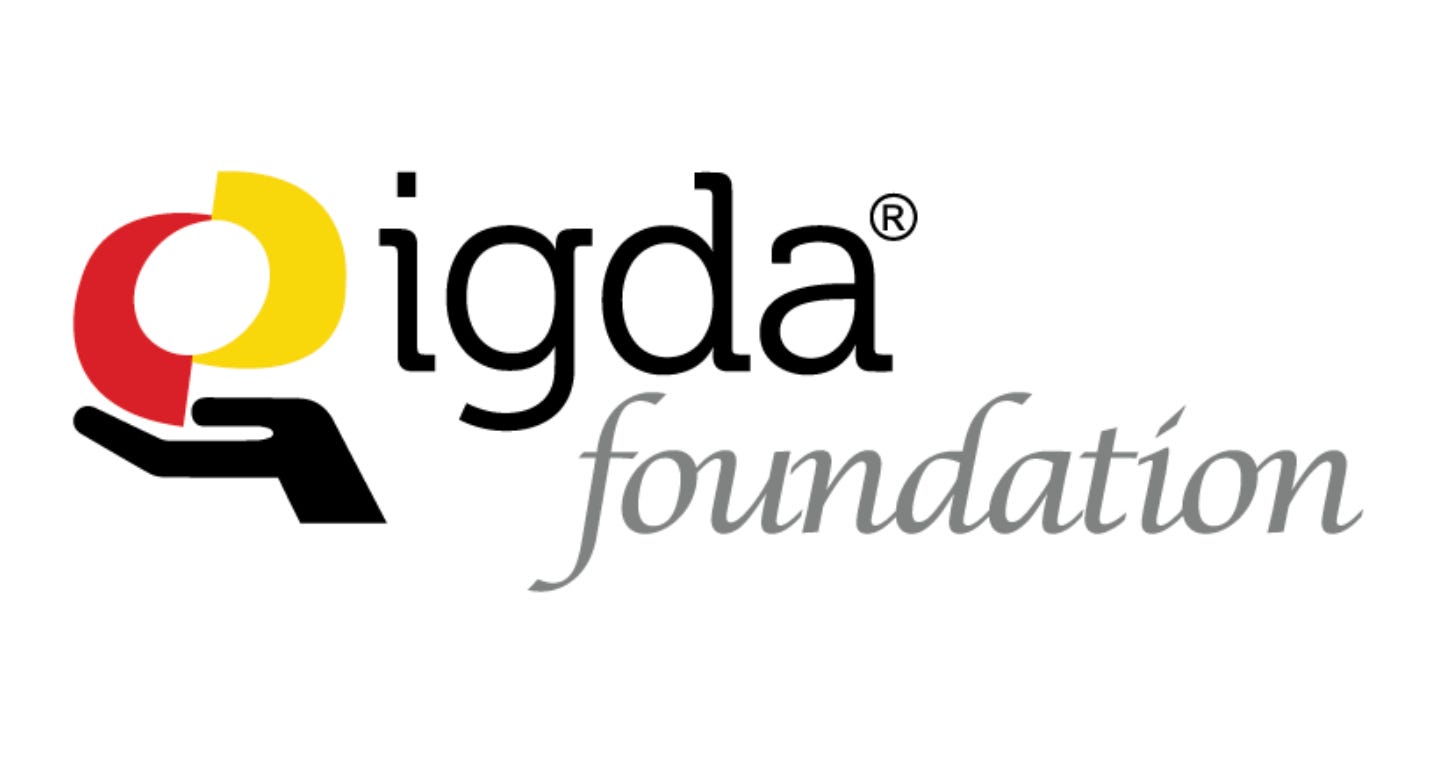


OSAMU-NAKAMURA.png?width=1920&height=1920&fit=bounds&quality=80&format=jpg&auto=webp#)












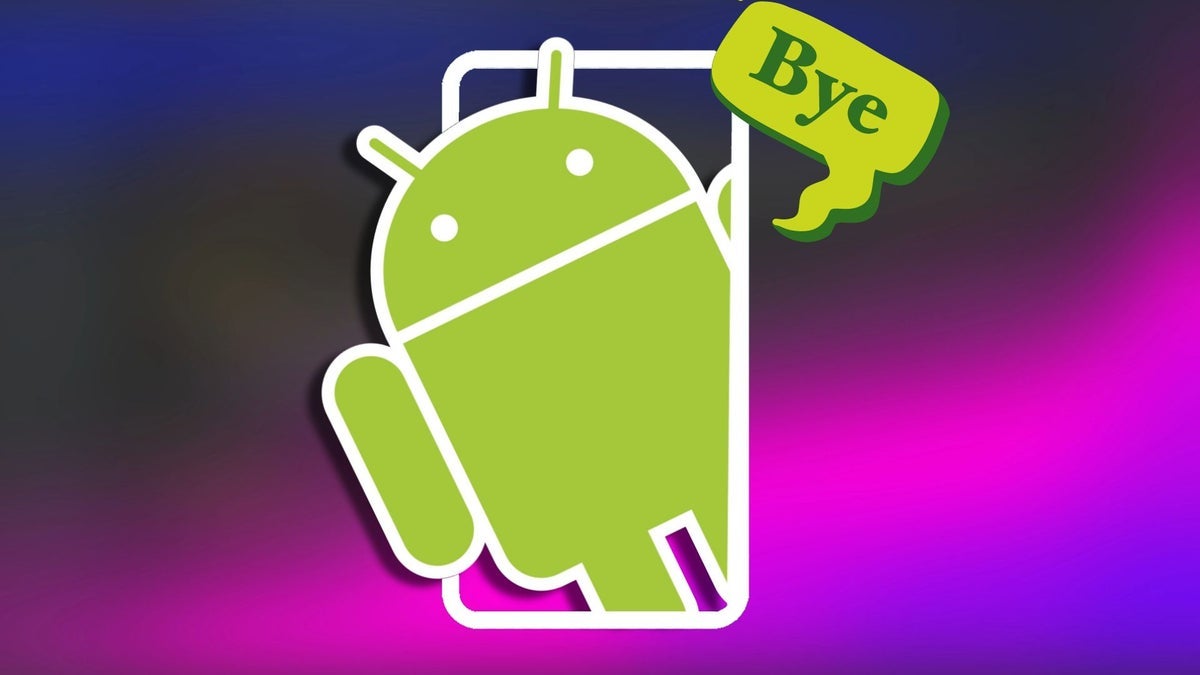













_NicoElNino_Alamy.png?#)
.webp?#)
.webp?#)


















































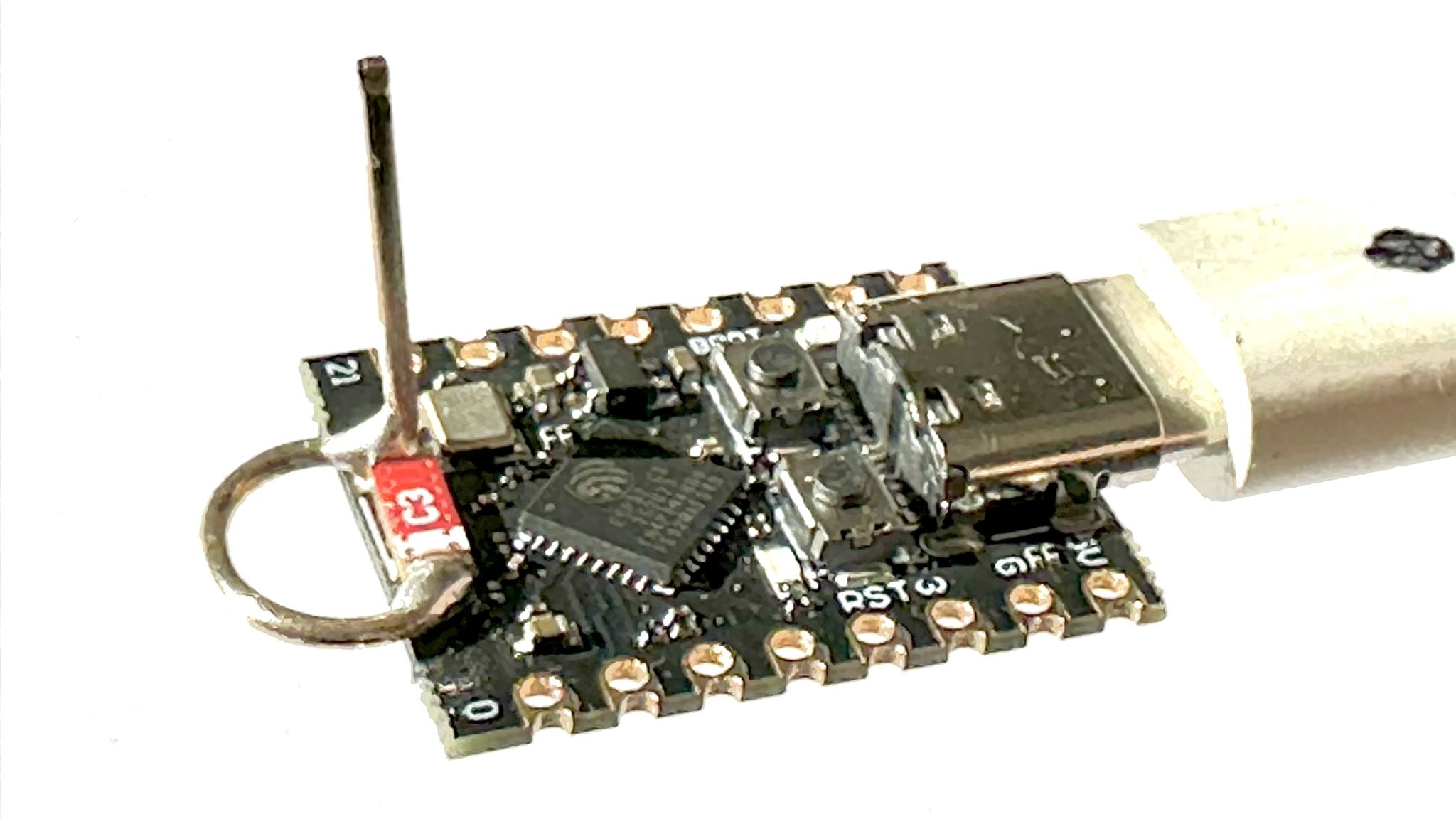
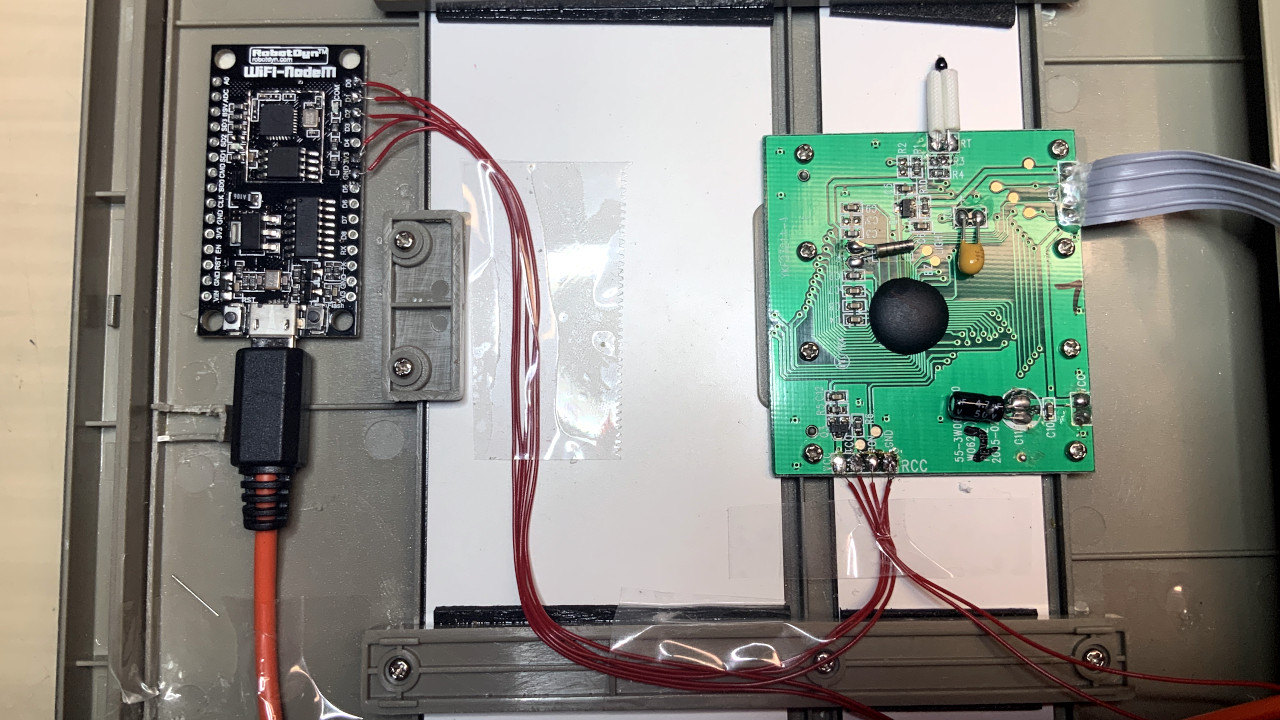


















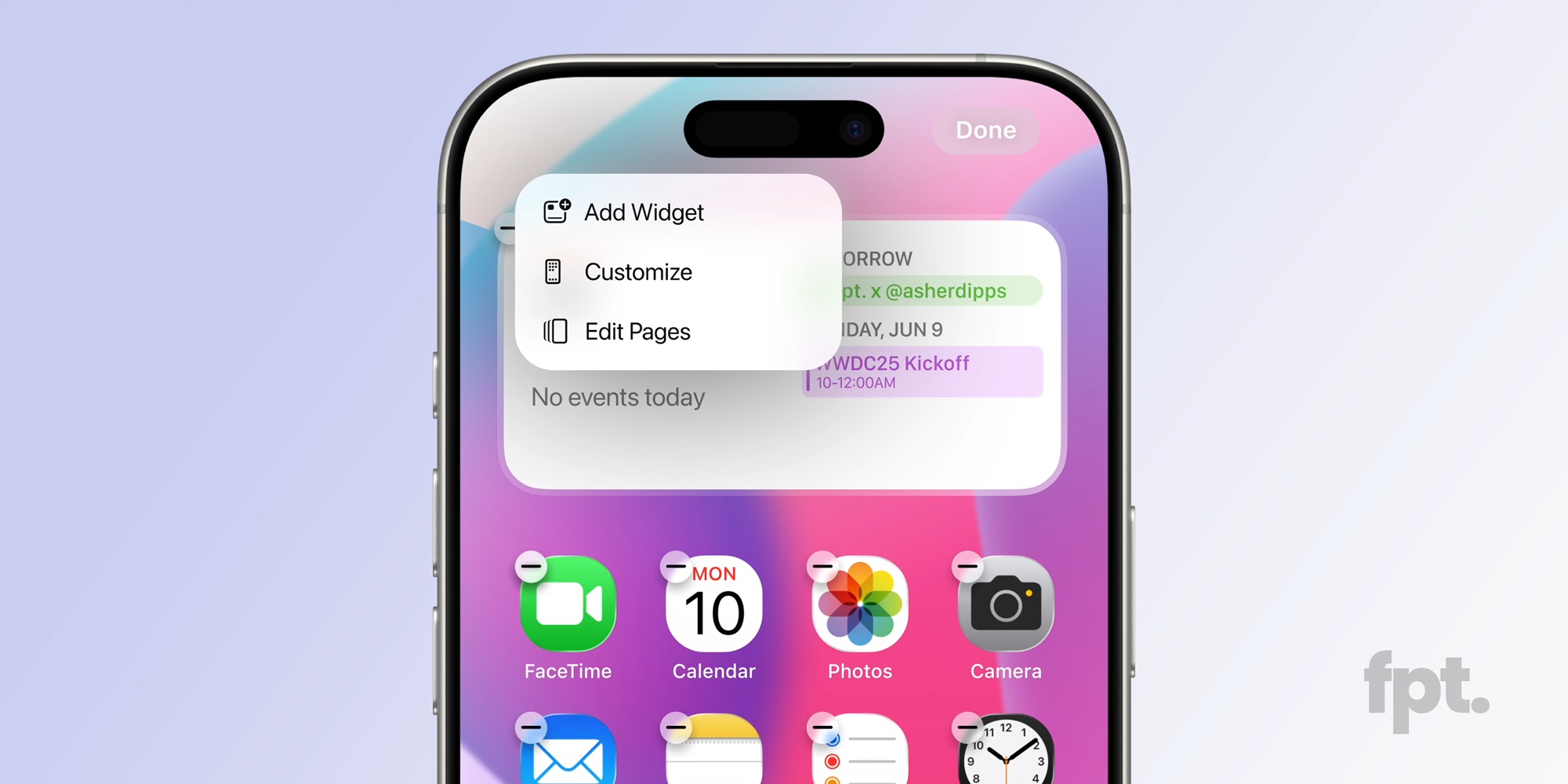




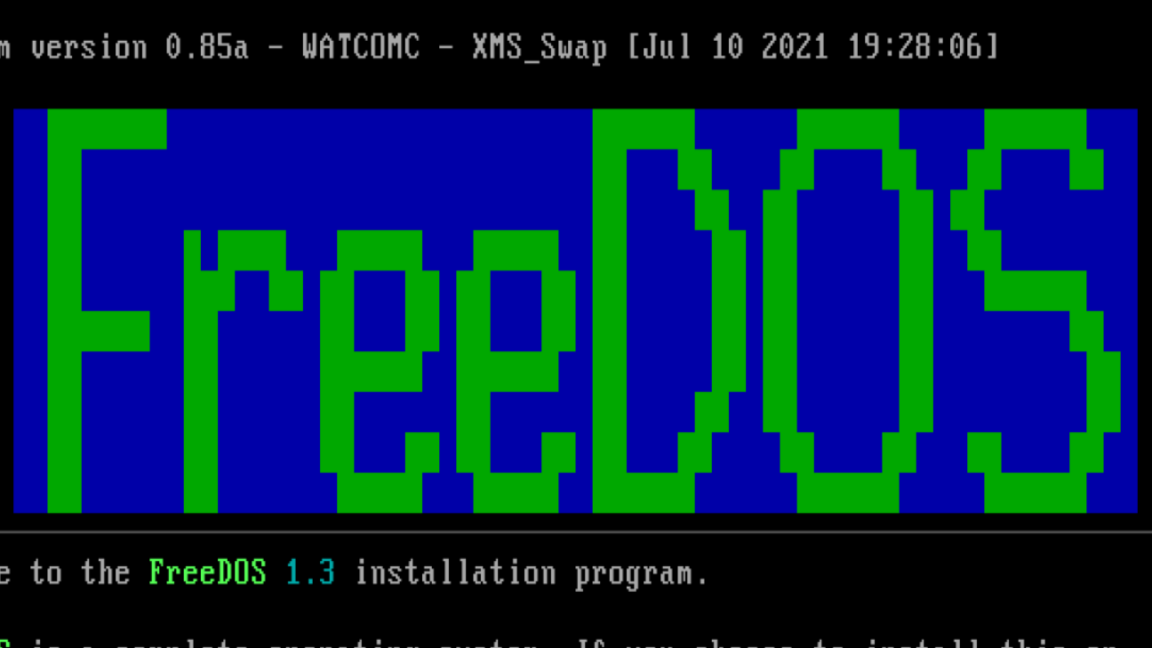
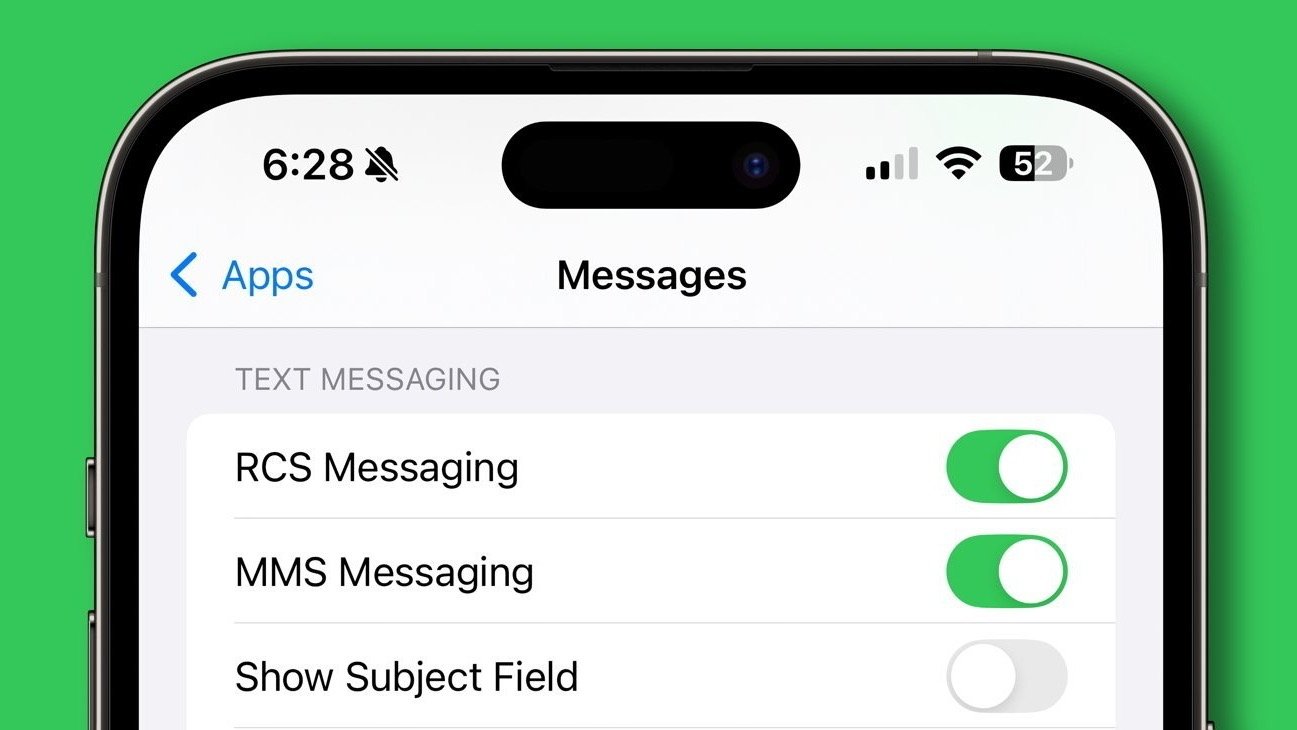






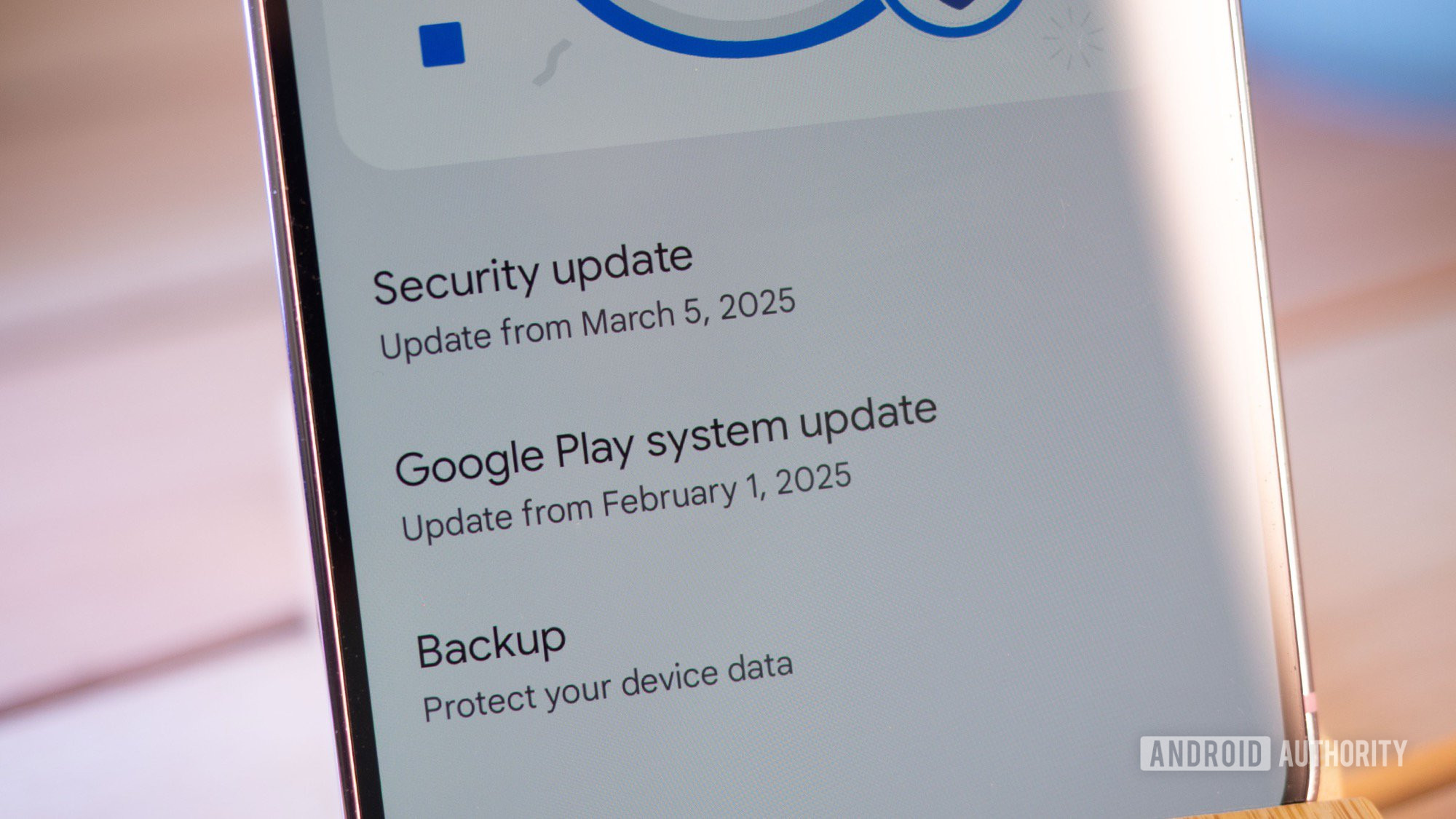
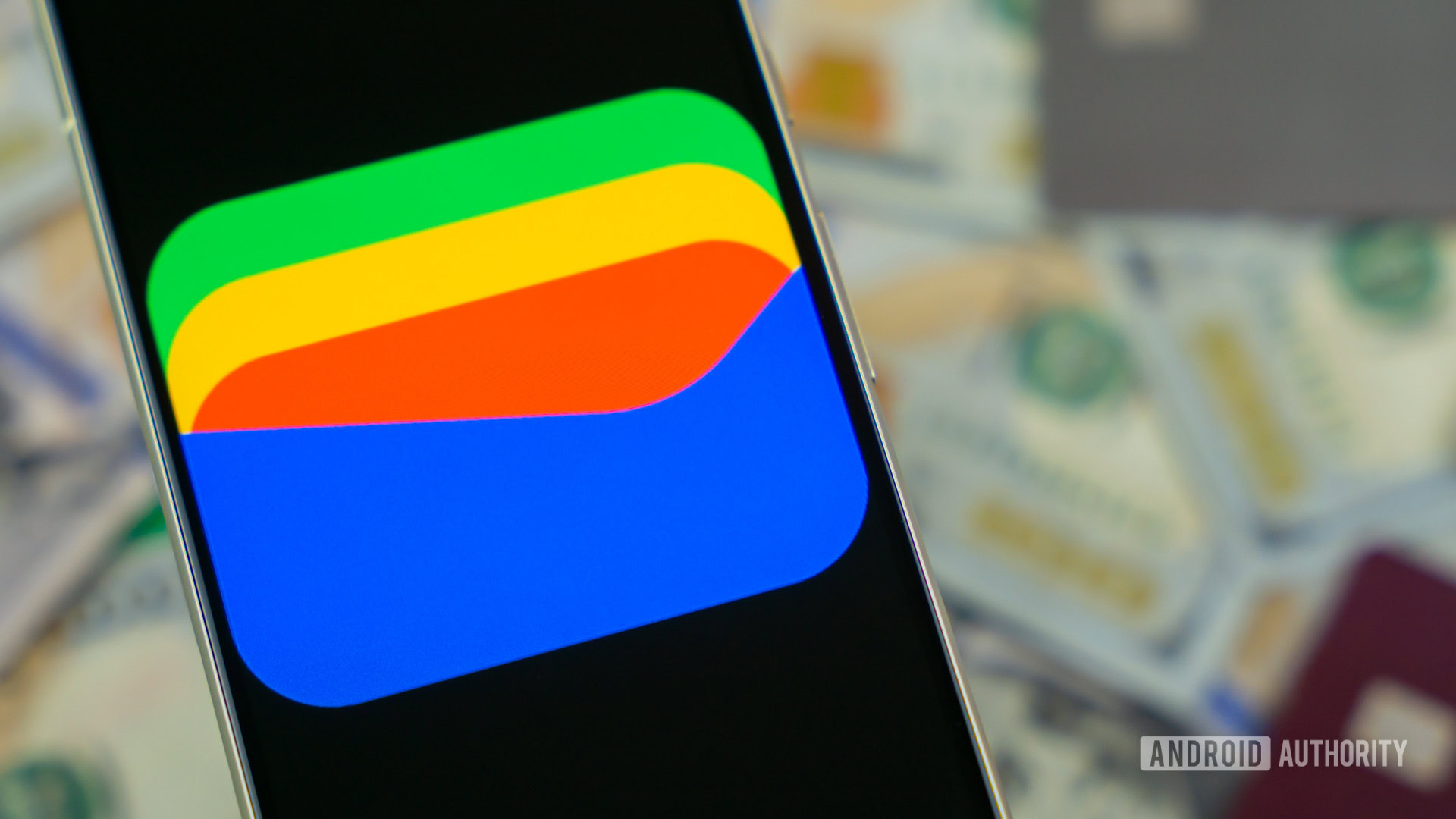















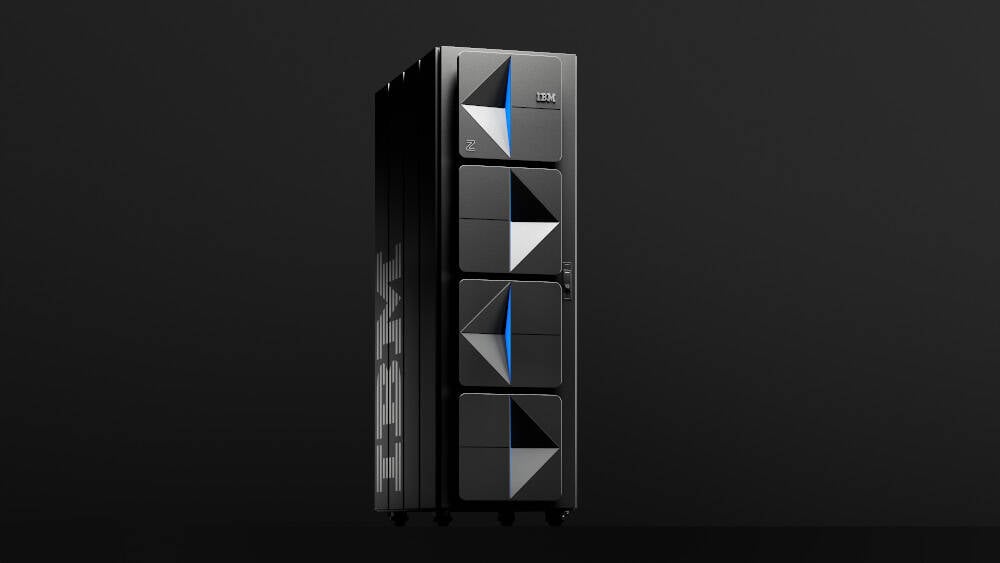


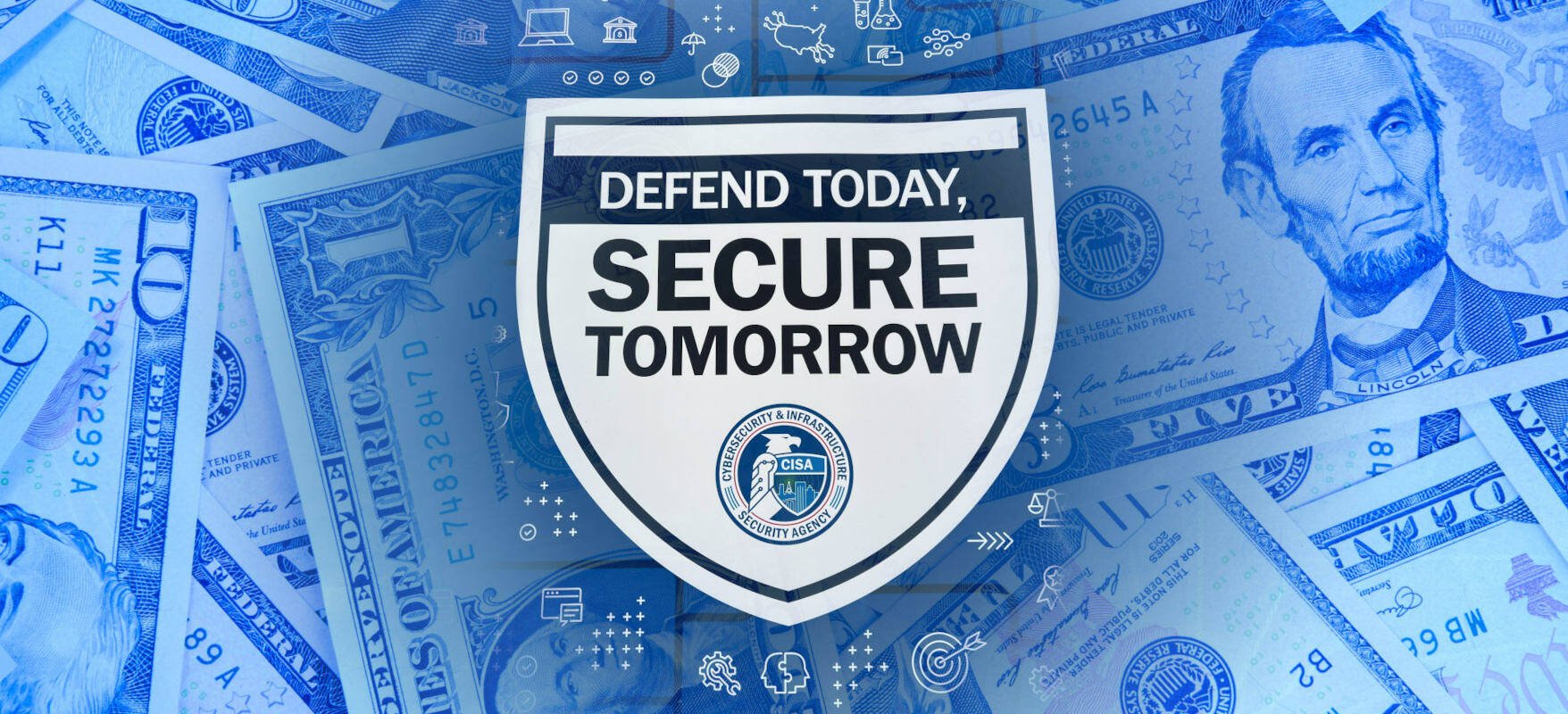
![New iOS 19 Leak Allegedly Reveals Updated Icons, Floating Tab Bar, More [Video]](https://www.iclarified.com/images/news/96958/96958/96958-640.jpg)

![Apple to Source More iPhones From India to Offset China Tariff Costs [Report]](https://www.iclarified.com/images/news/96954/96954/96954-640.jpg)
![Blackmagic Design Unveils DaVinci Resolve 20 With Over 100 New Features and AI Tools [Video]](https://www.iclarified.com/images/news/96951/96951/96951-640.jpg)










































